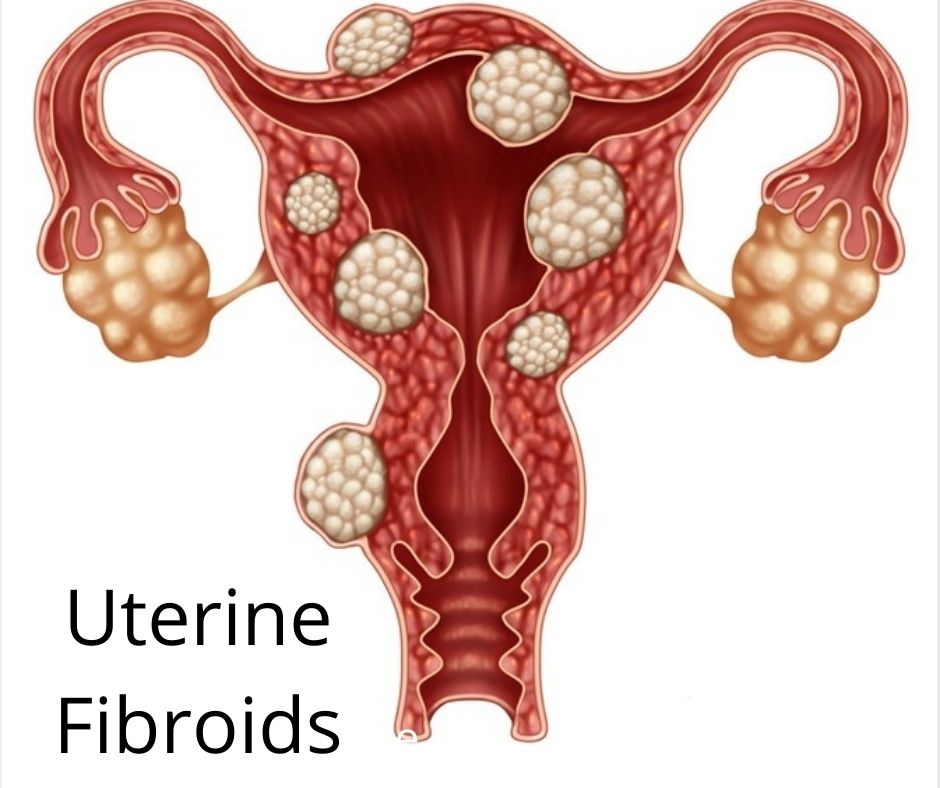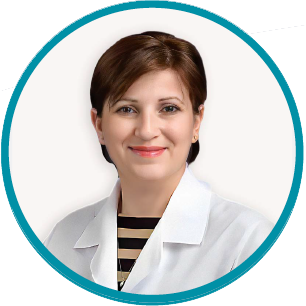

Menstruation usually includes discomfort, but excessive pain and bleeding can possibly indicate another problem known as uterine fibroids. Uterine fibroids are benign growths of smooth muscle cells that are located within the uterus. Though the exact cause of these fibroids is unknown, research into the cause and treatment is ongoing.
What are the symptoms of uterine fibroids?
Some common symptoms of uterine fibroids include: heavy/prolonged bleeding during periods, excessive pain during periods, frequent urination, lower back pain, pain during intercourse, an enlargement of the lower abdomen, a feeling of fullness in the lower stomach or pelvic area, and labor/pregnancy complications. The causes of these fibroids are largely unknown, but researchers believe that hormonal and genetic factors play a large part. Other risk factors include obesity, eating habits, and ethnicity. Women typically see signs of fibroids in their 30’s – 40’s and by the age of 50, approximately 30% of women have developed fibroids.
What are the different types of uterine fibroids?
Uterine fibroids can grow in several different locations within the uterus and their location determines their classification. When they grow in the uterine cavity, they are known as submuscosal. When they grow within the walls of the uterus, they are known as intramural, and when they grow on the outside of the uterus, they are known as subserosal.
Although fibroid growths can range from mild to severe discomfort, less than 0.1% are malignant. This does not, however, alleviate the need to seek medical advice. Their growth can be quite problematic and the symptoms they cause can lead to difficulties in everyday life.
Pharmasite Research currently offers several clinical trials of investigational treatments for uterine fibroids. By participating in research studies, you can help us get closer to finding a more effective treatment.
Qualified study participants will receive at no cost:
-An initial evaluation and follow-up throughout the study by medical professionals
-Health evaluations (lab work, physical exams, ECG, gynecologic exams)
– Potentially receive investigational medication to treat uterine fibroids
-Post study follow-up care
-Compensation for your time and travel
For more information or questions about volunteering for a clinical trial, please contact Mike at Pharmasite Research, Inc. 410.602.1440 or visit our website at www.pharmasiteresearch.com.






